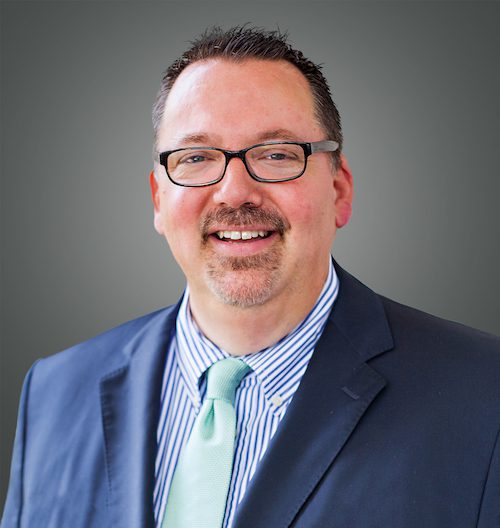
The finalists for WashingtonExec’s Pinnacle Awards were announced Oct. 8, and we’ll be highlighting some of them until the event takes place virtually Nov. 12.
Next is HR Executive of the Year (Large Company) finalist Clay Worley, who’s senior vice president and chief human resources officer at NCI Information Systems, Inc. Here, he talks success, future focus areas, professional risks and more.
What has made you successful in your current role?
For me, being able to speak the language of business is critical. It’s important to understand that running a business is far more than just doing business. Being ingrained in other aspects, such as being familiar with the organization’s day-to-day operations, knowing the company’s growth strategy, as well as recognizing industry and marketplace trends are just as essential as being the very best you can be in your specific discipline.
Striving for excellence is always the personal and professional goal — excellence in human capital strategy and execution means you understand the business purpose and how that human capital can be enabled, empowered, motivated and rewarded.
Success is knowing you influenced the business and made a significant impact (whether in the outcome or on an individual), not necessarily that you did what needed to be done to reach a specific milestone.
What are your primary focus areas going forward, and why are those so important to the future of the nation?
As a systems innovator, NCI’s focus steadfastly remains on empowering the workforce of tomorrow to meet our government customers’ most mission-critical objectives. This means we have to focus on the employee-value proposition, skill building and infusing next-generation technologies such as artificial intelligence into the workplace. Internally, AI has helped streamline and automate our back-office processes, and has yielded significant cost savings and efficiencies.
Investing in our employees training of AI is not only transforming our organization but it also will result in huge dividends for our customers. AI technology will significantly revolutionize how work is done in the federal workspace and allow us to “scale” human action to critical-thinking tasks — producing a federal workforce that is exponentially more creative and productive, leading to improved citizen services and agencies being able to support more mission-directed work.
What’s the biggest professional risk you’ve ever taken?
When I worked at a different organization, I was asked and agreed to take the lead on the integration of a subsidiary organization, which was going through a period of declining success with the integration initiative. It was a commercial entity entering the world of the parent company (within the government contracting sector).
I found success by going in and learning the business, why they did what they did and how they did what they did. With this understanding, I was able to explain to them what the parent company needed, as well as the special constraints of a government contractor.
By exploring and taking a holistic approach to the problem, and then communicating the issues in a way that others could relate and be on the same page, the business began to thrive. I was told by the subsidiary leadership that my approach helped to empower the organization to find success in a new and different environment.
Looking back at your career, what are you most proud of?
I am very much a people person. I am most proud of the strong relationships I have made with those I have worked with throughout my more than 30-year career — many of which I’m still closely connected with today. I still love getting phone calls, texts and emails asking for my opinion on either a personal or professional matter. Hearing about the growth and success of the companies and teams that I’ve been privileged to be a part of and contribute to is beyond rewarding on so many levels.
What’s your best career advice for those who want to follow in your footsteps?
Learn how to listen and ask intelligent questions. Definitely raise your hand and ask lots of questions. In fact, my first five questions are always “Why?” Ask not to challenge but rather to understand. You cannot assume that you know the correct answer or solution each and every time.
By asking questions and listening, you generally will always uncover the right path, plus it helps you understand someone else’s perspective and builds trust, respect and relationships, which are invaluable. The right answer eventually will emerge, but it’s how you get to that answer that matters the most.

